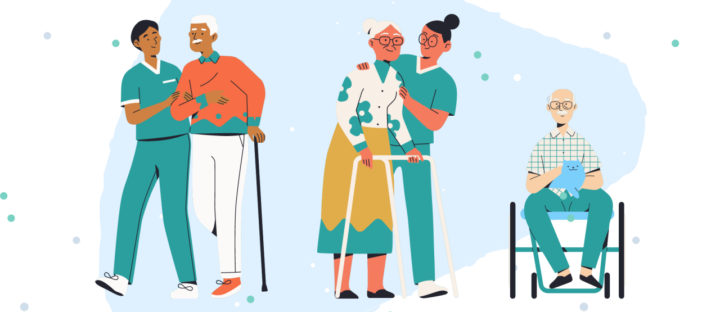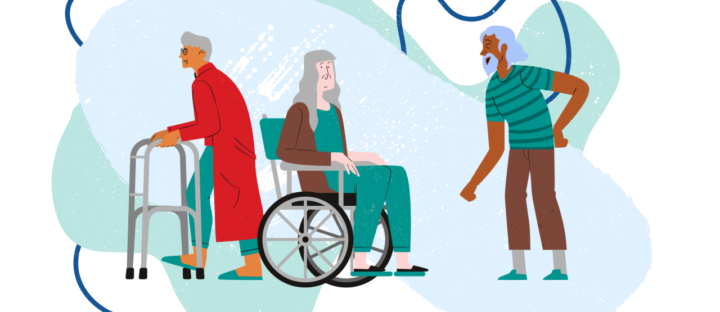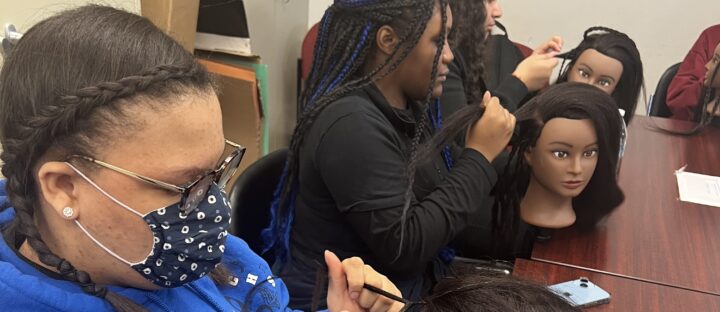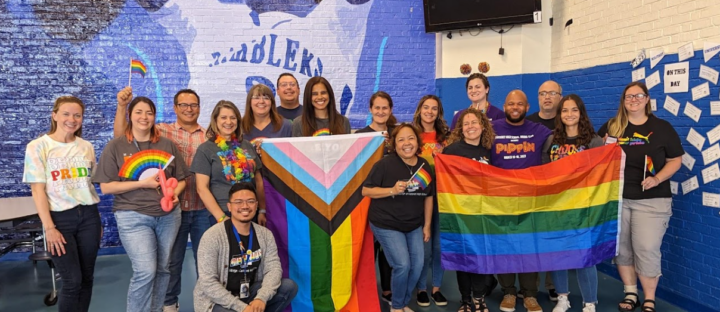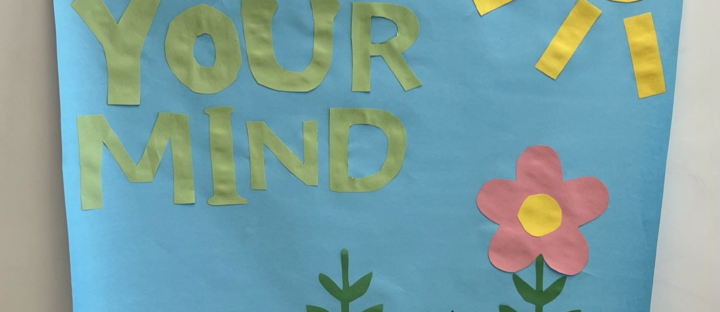Middle school years are fraught with change, growth, and experimentation. Recent data reveals a troubling trend: kids are trying alcohol, e-cigarettes, and cannabis at an increasingly young age. With the myriad health risks and potential for addiction associated with these substances, it’s vital for parents to be informed. Laurie Herrick, Middlesex County’s Regional Chronic Disease…
Read MoreSetting Up a Support System for a Senior Adult
Here are some tips for setting up a support system for the senior adult in your life, from finding clubs to establishing new hobbies.
Read More5 Startling Statistics About Senior Adults and Drug Use
Senior adults are more at risk for substance misuse than most people realize; here are 5 statistics to keep in mind about senior adults.
Read MoreNational Medicine Abuse Awareness Month
October is National Medicine Abuse Awareness Month, observed to raise awareness of the dangers of prescription and over-the-counter medicine abuse.
Read MoreLMTI Summer Leadership Camp
Students from the South Brunswick High School chapter of Incorruptible Us attended the 2023 LMTI Summer Leadership Conference. This weeklong conference is held every summer at Camp Mason in Hardwick, NJ. Students participated in various activities and workshops designed to help them learn more about themselves and develop leadership skills in a fun and positive environment….
Read MorePathways Starts New Club: Braiding Beauty
By: Aja Bradley, Clinician This school year Pathways introduced a new club called Braiding Beauty. Braiding Beauty was created to teach students how to do various styles like French braids, box braids, and knotless braids on themselves or others. I started braiding my own hair in 2018. Through years of YouTube videos and lots of…
Read MoreThe Impacts of Strengthening Cultural Identity Among Adolescent Students
By: Luisa Perez, Clinician One morning, a student cautiously walked into the counseling office and motioned that she wanted to talk. Choked up by her tears, the student explained she felt she did not belong among her school peers as an Indian girl. I could hear her frustration as she expressed wanting to fit in…
Read MoreSeptember Is Healthy Aging Month
September is Healthy Aging Month. It provides many ideas for adults to improve their physical, mental, emotional, and financial well-being.
Read MoreCarteret High School GSA Continues to Serve Those With Pride
By Gideon Abadilla, Youth Development Specialist In honor of LGBTQ Pride Month, the Carteret High School Gender and Sexuality Alliance (GSA) hosted Pride events within the high school this past June. On June 2nd, the GSA sponsored a Pride Month Giveaway Table where they distributed a multitude of LGBTQ-themed freebies to students and staff outside…
Read MoreResilient Ramblers Lessons
Alyssa Steele and Alexa Manley, Clinicians A key role as a school-based mental health clinician is prevention education. The purpose of prevention education is to proactively approach issues, rather than addressing them after they have already occurred. Developing resiliency is an important part of prevention because it equips students with the tools and skills they…
Read MoreGrowth Mindset Flowers
Alyssa Steele and Alexa Manley, Clinicians Carteret Elementary Schools acknowledge growth mindset as the social emotional learning topic for the month of May. Having a growth mindset means that we believe our abilities can be further developed with dedication, hard work and persistence. When a child has a growth mindset, they believe in themselves and…
Read More

